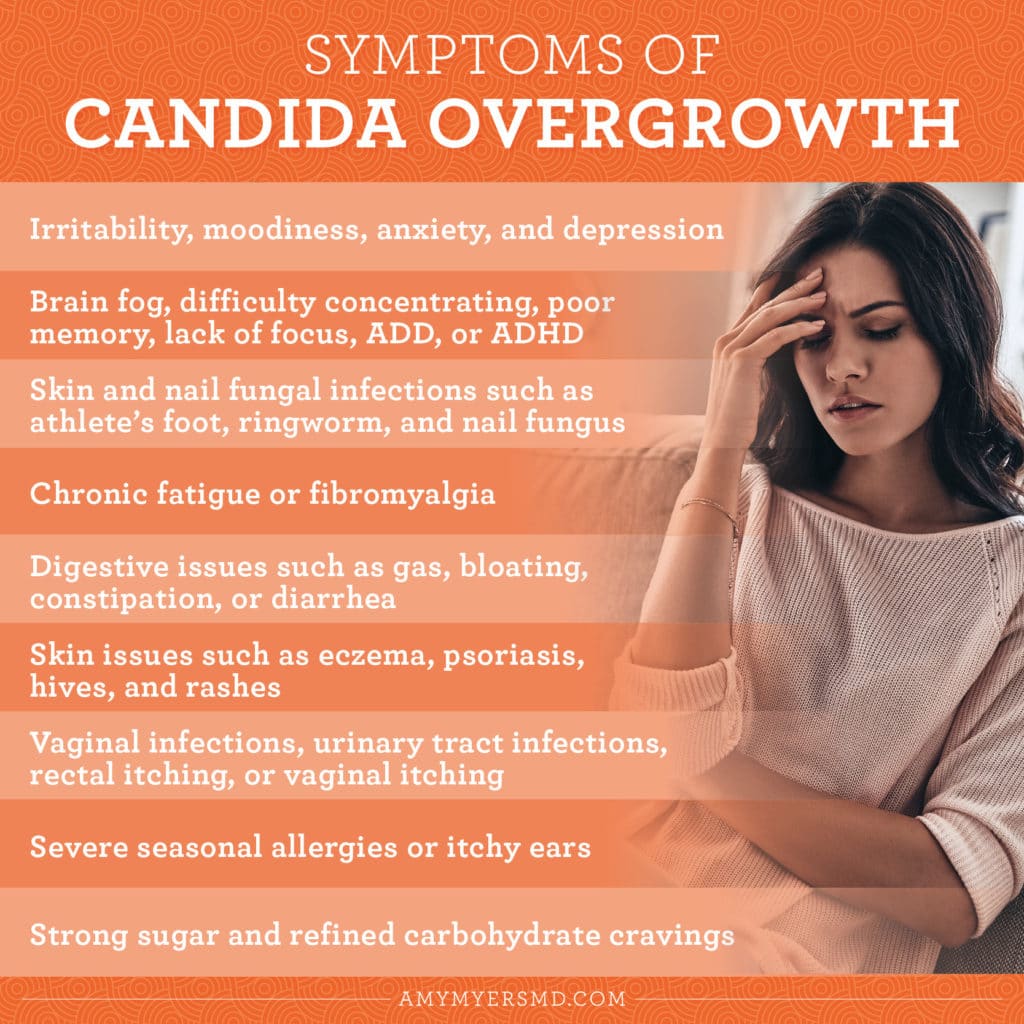Do you struggle with mood swings, anxiety, depression, or other mood imbalances? Have you ever been prescribed antidepressants or other mood-stabilizing medications? If so, you are a part of a rapidly growing group.
The rates of mood disorders and the use of mood-stabilizing medications skyrocketed over the last several years. In fact, one in every six Americans is prescribed an antidepressant or other psychiatric medication.1 The rates are even higher among women, with one in four American women prescribed antidepressants or other psychiatric medications.2
This is both alarming and heartbreaking for a number of reasons. It saddens me to think of so many women struggling with these issues. It also frustrates me as a functional medicine physician that they often feel their only option is to turn to prescription medications.
While conventional medicine doctors consider lifelong dependence on prescription medications a “solution” to mood imbalances, those medications often come with a laundry list of side effects.3
My goal is to uncover what’s really causing your mood imbalance in the first place and to treat it in a way that allows your mood to stabilize naturally.
I want to clarify that antidepressant medications can be helpful tools, particularly in severe cases or while you’re working to identify your root cause. I’ve never considered them the only tool in my toolbox to help patients overcome mood imbalances. In fact, medications may also be far from the most powerful tool.
The Root Cause of Mood Imbalances
In working with thousands of patients in my clinic, I found that in almost all cases women are able to come off of antidepressants and other mood-stabilizing medications. They are able to truly thrive, free of mood swings, anxiety, and depression after addressing the underlying root cause of their mood imbalances.
So what are the root causes of mood imbalances and how can you overcome them? In my experience, the number one cause of mood imbalances all goes back to your gut. You may be surprised to learn that your gut produces 95% of your serotonin, the key neurotransmitter for regulating mood. It’s one of many reasons for the saying, “the gut is the second brain!”
There are many gut infections and conditions that play a role in your overall gut health. Yet, my patients with mood imbalances most often struggled with Candida overgrowth or yeast overgrowth. Click here for a free quiz to discover if you have Candida overgrowth.
How Candida Causes Mood Swings, Anxiety, and Depression
Candida is a fungus, which is a form of yeast, a very small amount of which lives in your mouth and intestines. There are actually many different types of yeast that take up residence in your body. However, Candida albicans, or Candida for short, is the most common and widely studied form of yeast.
Candida is present throughout your digestive system; most of it is found in your gut. Its job is to aid with digestion and nutrient absorption. Typically the good bacteria in your gut, as well as your immune system, prevent your Candida population from overgrowing.
However, when the balance of good bacteria to yeast is disrupted, Candida is able to multiply unchecked. The yeast then coats the lining of your intestinal tract and suppresses your ability to produce or secrete serotonin. The overgrowth can happen from taking a round of antibiotics (which kill off the good bacteria), eating a diet high in refined carbohydrates, drinking too much alcohol (both feed the yeast), long-term birth control pill use, chronic stress, or numerous other lifestyle factors that disrupt your microbiome.
The Importance of Serotonin in Mood
A deficiency in serotonin can cause mood imbalances such as mood swings, anxiety, and depression. In fact, the majority of antidepressants work by blocking the brain’s serotonin receptors. This frees up more of this “feel good” hormone to remain present in the brain.
 Dr. Amy Myers
January 9th, 2018
https://content.amymyersmd.com/article/gut-infection-mood-swings-anxiety-depression/Symptoms Of Candida Overgrowth – Infographic – Amy Myers MD®
Dr. Amy Myers
January 9th, 2018
https://content.amymyersmd.com/article/gut-infection-mood-swings-anxiety-depression/Symptoms Of Candida Overgrowth – Infographic – Amy Myers MD®What Happens When Candida Overgrows
If left unchecked, Candida also breaks down the wall of your intestine, which can lead to leaky gut. When this happens, not only does Candida penetrate the bloodstream, toxic byproducts also release into your body.
This can lead to many different symptoms, including:
- Irritability, moodiness, anxiety, and depression
- Brain fog, difficulty concentrating, poor memory, lack of focus, ADD, or ADHD
- Skin and nail fungal infections such as athlete’s foot, ringworm, and nail fungus
- Chronic fatigue or fibromyalgia
- Digestive issues such as gas, bloating, constipation, or diarrhea
- Skin issues such as eczema, psoriasis, hives, and rashes
- Vaginal infections, urinary tract infections, rectal itching, or vaginal itching
- Severe seasonal allergies or itchy ears
- Strong sugar and refined carbohydrate cravings
How to Banish Mood Imbalances and Eliminate Candida Overgrowth
The great news is that once you eliminate your Candida overgrowth and return your serotonin levels to optimal levels, mood issues and other symptoms fade away.
As I mentioned, many women are able to reduce or eliminate their antidepressants and other mood-stabilizing medications after treating Candida overgrowth. In doing this, I always recommend working with your doctor when changing your dose or coming off of any prescription medication.
I’ve helped thousands of patients overcome Candida overgrowth using a simple, proven protocol focused on killing the yeast. This is done by eliminating the sugars that feed yeast, taking targeted yeast-killing supplements, and restoring the good bacteria that keep the yeast in check.
You can follow this exact same protocol at home. Click here for my free training on how to eliminate Candida overgrowth. One of the best tools in my arsenal is Candifense®. My Candifense® formula was custom designed around a potent combination of enzymes that help break down the cell wall of yeast cells in the gut. It does a fantastic job of creating a balanced environment that promotes good bacteria and discourages excessive yeast growth.
Don’t wait to take back your health. You have the power to feel vibrant and energized so that you can start living your life again.
